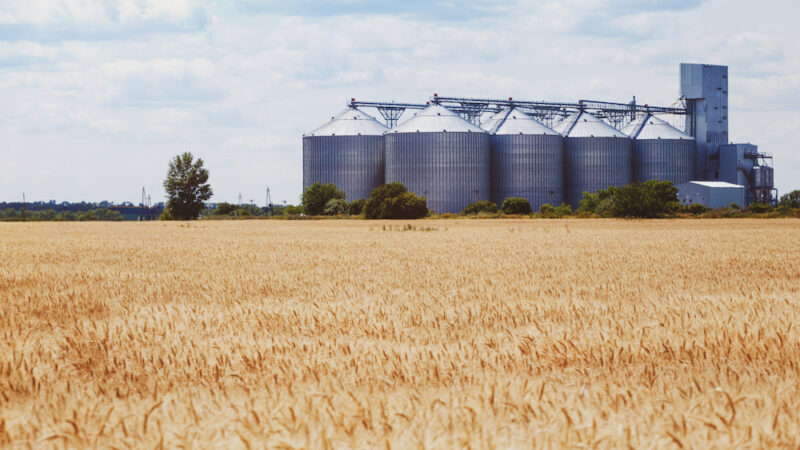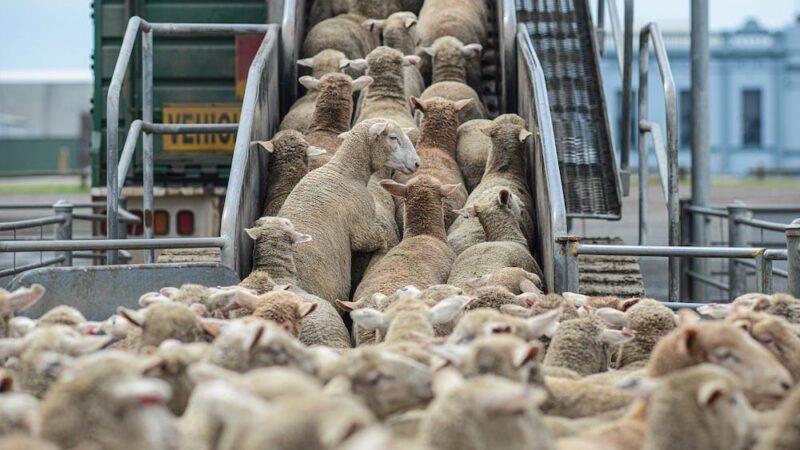Seven Students. 85 Hectares. Three Years. 170 tonnes of wheat. A cropping project like no…
European farmers up in arms over rising costs
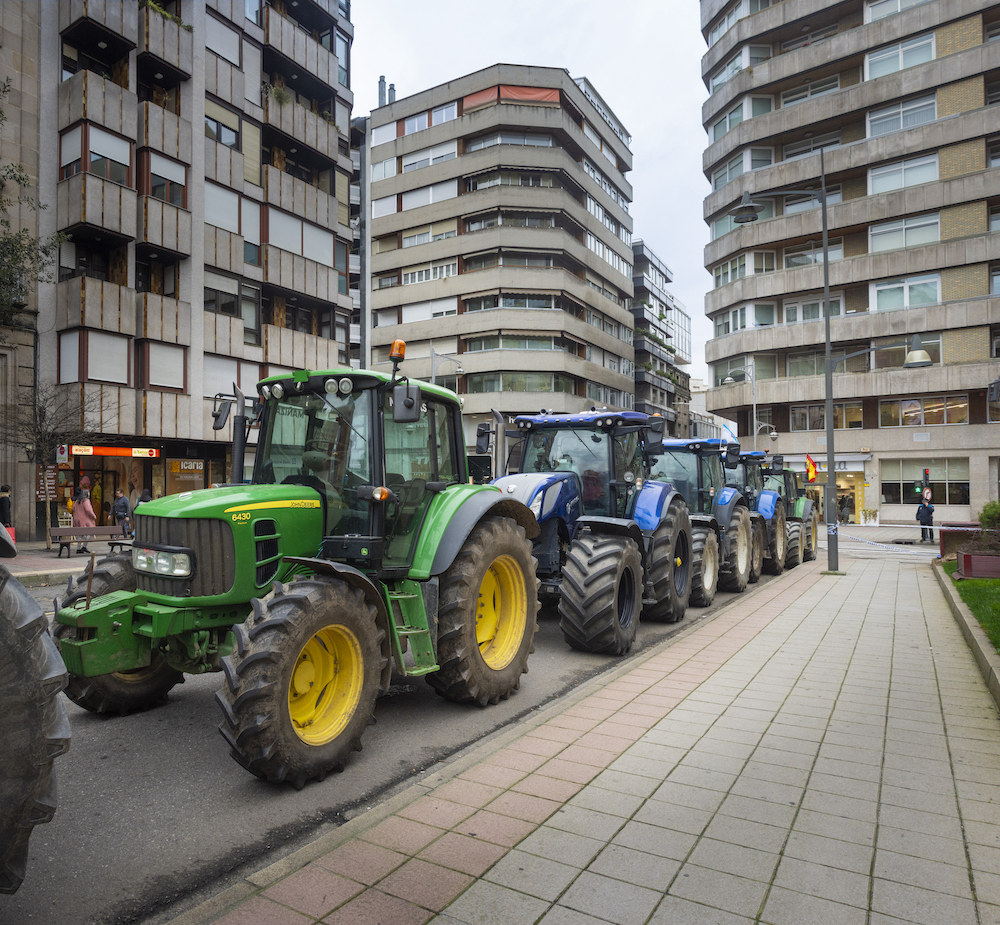
European farmers are up in arms over a perfect storm of rising costs, cheap imports and radical sustainability plans that have left many of them unable to make ends meet.
Earlier this year, angry farmers rolled into Brussels � where the European Union (EU) has its headquarters � in a convoy of hundreds of tractors, dumping and setting fire to tyres in the streets, lobbing eggs at government buildings and spraying police with manure.
The very same day, an estimated 10,000 farmers marched in the Polish capital of Warsaw dressed in red and white, the colours of the Polish flag, while they chanted, blew horns and set off flares. Some 600km to the east, farmers blocked all the major border crossings with Ukraine and reportedly vandalised railway containers, destroying hundreds of tonnes of imported grain.
Meanwhile in France, farmers blockaded motorways leading into Paris for a multi-day �siege� to figuratively starve out the city. And in Greece, Romania, Spain and Portugal, farmers parked trucks and dumped hay on major highways, bringing traffic to a standstill.
Why are these farmers protesting? And what exactly do they want? Well, the answer varies from country to country, but there�s one common theme: squeezing farmers to breaking point.
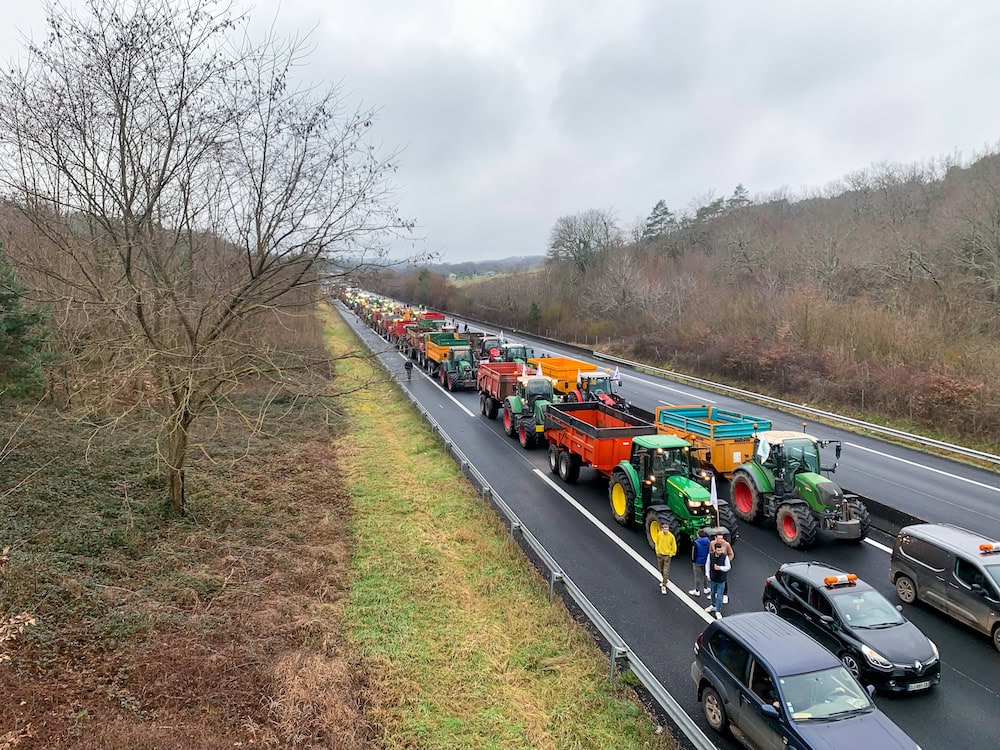
Ploughing through paperwork
In Germany, farmers are demanding the government axe plans to phase out tax breaks on agricultural diesel. In Greece, farmers are protesting the same, on top of sky-high electricity rates. In Romania, farmers protested the high insurance rates and cheap imported foods.
In France, farmers are demanding better crop prices and wages, plus a reduction in burdensome red tape that requires them to spend up to a quarter of each day at their desks. �They�re drowning us with all these regulations,� a French farmer told The Guardian. �They need to ease up on all the directives and bureaucracy.�
In Spain, farmers were saying exactly the same thing.
�They don�t let us plough. Just let us plough in peace without all the paperwork.�
Fernando Jimare, potato farmer in interview with BBC
Farmers in Spain are also demanding the right to use the same cost-effective herbicides and pesticides as farmers in Vietnam, South Africa and other countries that enjoy lucrative free-trade agreements with the EU. �We want to compete with the same deck of cards,� Juan Carlos, a sunflower oil producer, told Spanish TV. �If they use a certain product, we want to be able to use the same one.�
The list goes on. In the Netherlands, farmers are revolting against plans to radically cut herd sizes to reduce nitrogen emissions, as well as EU spy satellites that check what Dutch farmers sow and when.
The fiery protests in Brussels, the seat of the EU, were staged in response to the Green Deal: a suite of strict new regulations to help fight climate change that will require farmers to leave 4 per cent of their land, slash fertilizers by 20 per cent and pesticides by a whopping 50 per cent by 2030. �On the one hand, we are being asked to farm more sustainably,� Morgan Ody of farming organisation La Via Campesina told TIME magazine. �But at the same time, we are asked to keep producing as cheap as possible, which puts us in an impossible situation.�
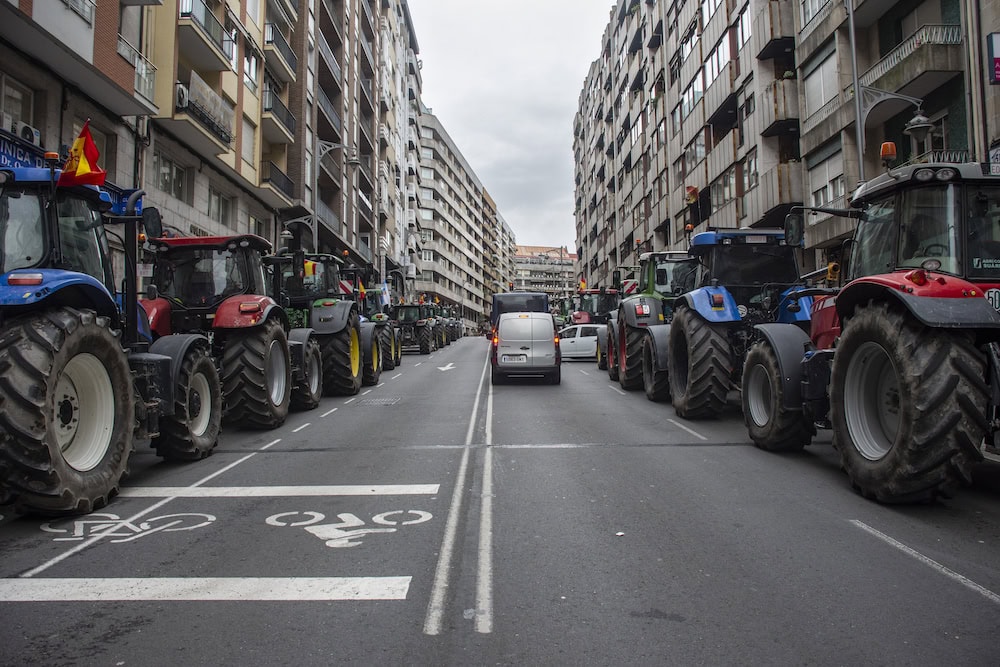
In Poland, farmers are fed up with the EU and it�s lifting of tariffs and quotas on Ukrainian food imports, because the Russian invasion made it very difficult to export the country�s vast agricultural produce. For more than six months they�ve been telling politicians that they just can�t compete with cheap Ukrainian sugar, wheat and eggs that are not subject to the same strict environmental regulations as the stuff they grow. �Ukrainian grain should go where it belongs, to the Asian or African markets, not to Europe,� Adrian Wawrzyniak, a spokesperson for the Polish farmers� trade union, told Wiesciro Nicze, a Polish news site.
But the one grievance that united them all is the hard-to-swallow fact that most small family-run farms and many mid-size farms in Europe are being denied the right to earn a profit. �We work 16 hours a day, 365 days a year,� Charlotte Van Dyke, the daughter of a Belgian farmer, told Global News. �We don�t take vacations, a weekend trip to France, we can forget about it because we have to feed our animals at 5am. We get up every day at the same time and we can consider ourselves lucky if we are in bed at 10pm.�
Furious farmers demand change
Rising input costs and stagnant or falling farm gate prices are the immediate causes of the impossible financial conundrum facing EU farmers. From 2022 to 2023, farm gate prices fell 10 per cent in 21 out of 27 EU member states, according to Eurostat data. In countries like Lithuania and Bulgaria that have high specialisation in cereals and milk, farm gate prices have tumbled by 23 per cent and 28 per cent in the same period, respectively.
�We are no longer making a living from our profession,� a farmer at a protest in Paris told CNN. Daniel-Henri Sparmont, a farmer who joined the protests in Brussels, said to Sky News: �I am angry. Over the years we have had many discussions with politicians and parliament, and time and time over they told us we have heard you, we will make change, but now many of us are starting to feel desperate.�
�Our main demand,� said Ody of La Via Campesina, �is that we get a European law that ensures
that the price we get covers the cost of production, including revenue.�
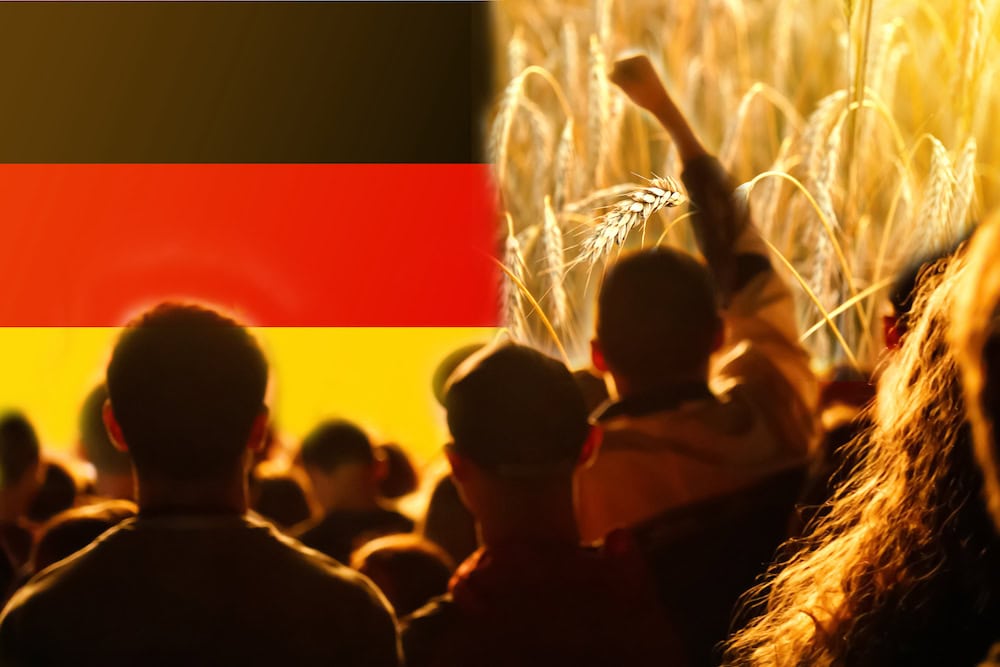
Although it makes perfect sense, that particular demand is not yet being taken seriously by legislators. But with so many protestors hitting the streets and politicians losing sleep over upcoming elections, individual European governments were fast to react.
Germany walked back on its plans to cut diesel subsidies for farm vehicles for at least three years. Portugal announced $830 million in emergency aid for farmers. French Prime Minister Gabriel Attal pledged to safeguard �food sovereignty�, increase checks on food imports �that don�t respect our rules at a European and French level,� and introduced $415 million worth of annual tax breaks and social support for hard-hit livestock farmers. Romania committed to subsidising agricultural excise until 2026 and to compensate farmers for income lost because of Romania�s support for Ukraine.
As for the EU, it hasn�t got a clue how to ensure Ukrainian farm exports return to their traditional markets outside of Europe. Instead, it simply delayed the hard decision by extending the suspension of import and quota duties for 12 months to June 2025.
The EU did, however, compromise with farmers on other sticking points. It scrapped a goal to cut farming emissions out of its climate roadmap, withdrew the new law to halve the use of inorganic pesticides by 2030 and delayed the deadline for farmers to leave 4 per cent of their land fallow to improve soil health.
�These measures will constitute the first concrete steps that we will make to quickly respond at the European level to some of the worries of farmers,� Belgian Deputy Prime Minister David Clarinval said at a press briefing.
A stopgap solution
Walking back new environmental regulations is just a stopgap solution that won�t solve the problem of dwindling farmers� income, argued Vincent Delobel, spokesperson for the Belgium farmers� union, and Ody from La Via Campesina, in an opinion piece for Al Jazeera.
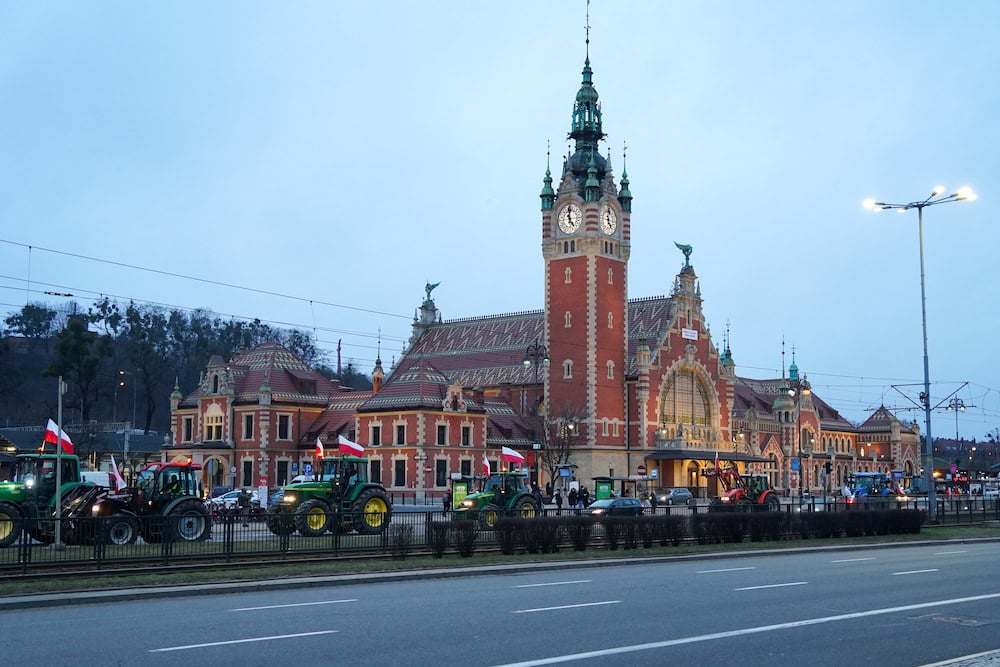
The root cause of the problem, they wrote, was the deregulation of agricultural markets and free trade agreements that have �placed all the world�s farmers in competition with each other� and set them up to be squeezed by powerful retailers and agrochemical companies. The authors pointed to an unratified free trade agreement with Argentina, Brazil, Paraguay and Uruguay as especially ludicrous, though one could imagine they regarded the proposed free trade agreement between the EU and Australia with
similar disdain.
The sustainability of European agriculture would not improve �without breaking away from old logic,� they wrote.
�Producing ecologically costs more for the farmers, and so to achieve the agroecological transition, agricultural markets need to be protected. It is the neoliberal framework that must be challenged, not environmental regulation.��
Vincent Delobel, spokesperson for the Belgium farmers� union, and Ody from La Via Campesina
Removing environmental regulations may have stopped the protests � for now. But they aren�t going to do the soil, water and air farmers require to make a living any favours. Farming makes up just 1.4 per cent of gross domestic product in the EU yet accounts for more than 10 per cent of the region�s greenhouse gases. Reforming the ways food and fibre are produced on the continent remains an imperative and inevitable mission. Because the alternative is just not an alternative.
�We believe people without their agriculture are not free people,� Roberto Rozati, an Italian farmer protesting in front of the Colosseum in Rome told the Associated Press. �Depending on faraway countries for our own food means something negative for health, for the economy and also the environment if you think about moving products from one side of the globe to another.�
If you enjoyed this piece on European farmers protesting, you may like to read this piece about the rally against the Narrabri CSG project.






